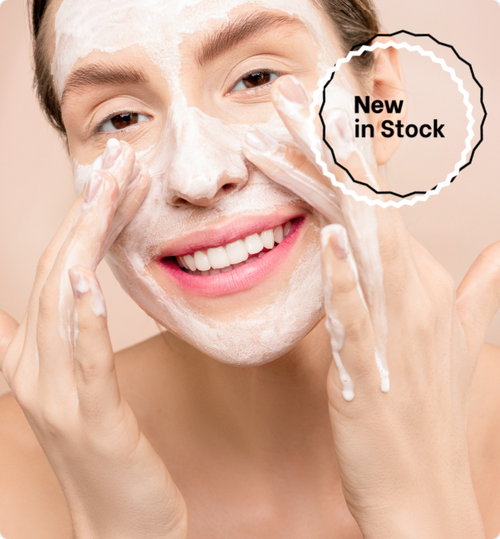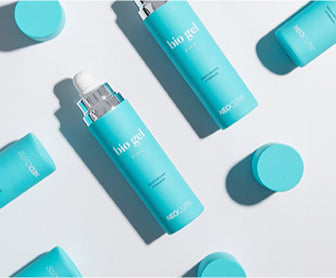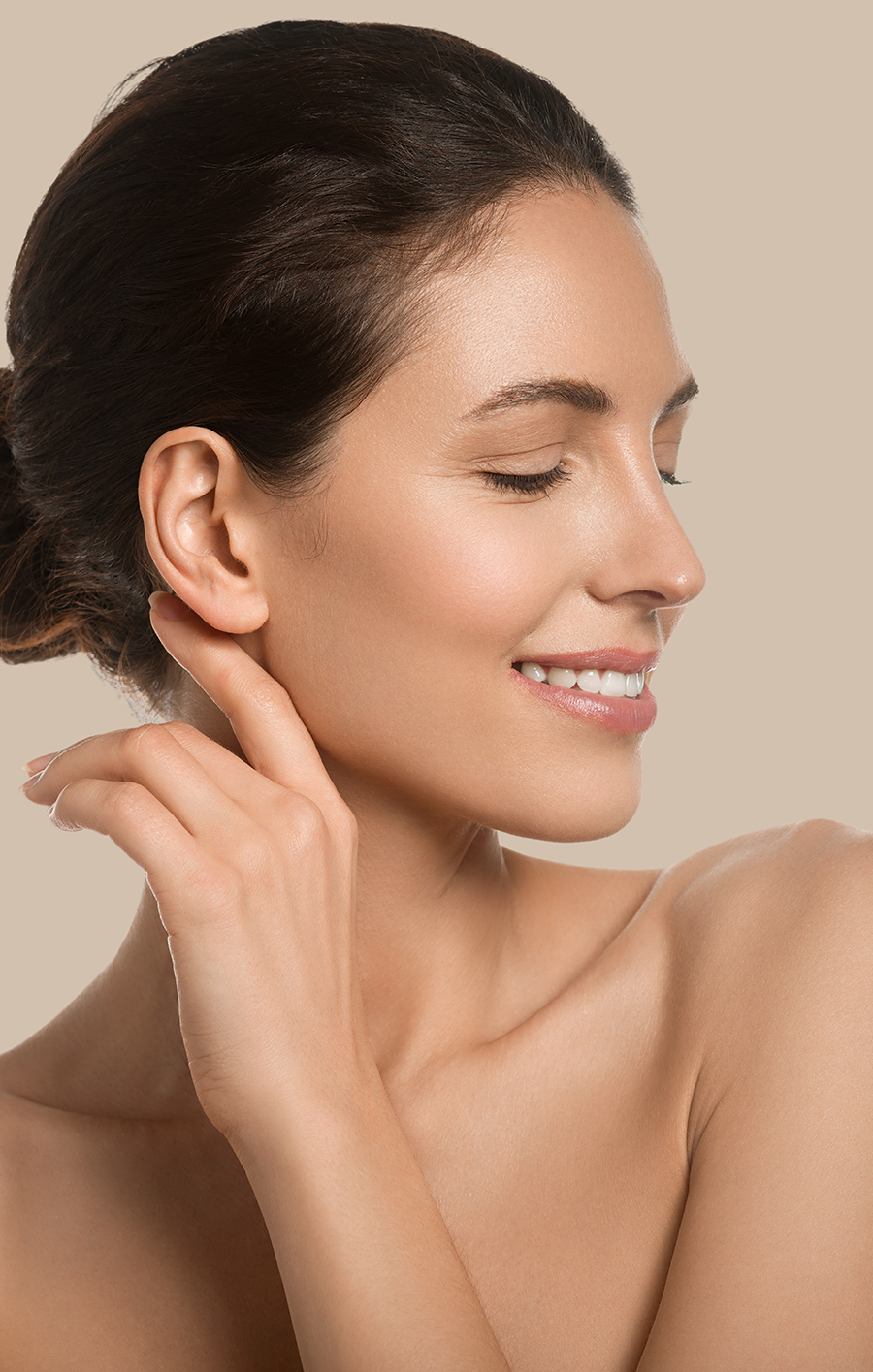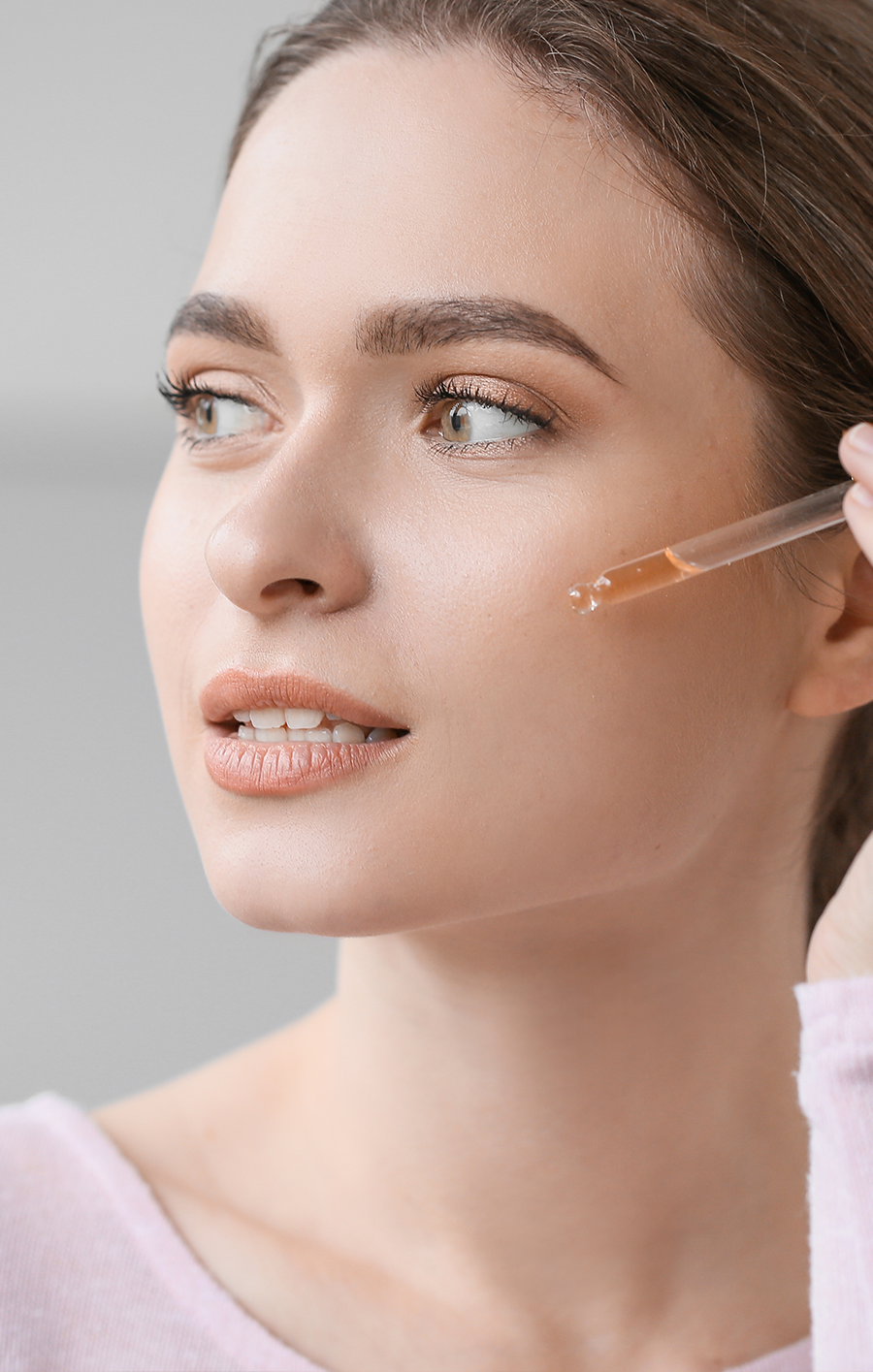Hyaluronic Acid FAQs
Healthy, radiant skin is something that we all crave. A key ingredient that can help achieve this is hyaluronic acid. This popular ingredient has been a game-changer in the skincare world, promising hydration and plumpness like no other. Through these FAQs, let's dive into everything you need to know about hyaluronic acid.
What Exactly is Hyaluronic Acid?
Hyaluronic acid is substance found in our bodies that keeps our skin, joints, and connective tissues healthy. It is a glycosaminoglycan, a molecule composed of sugars and proteins. It can hold as much as 1000 times its weight in water. This makes it an excellent moisturizer, hydrating the skin from within.
How Does Hyaluronic Acid Work?
As we age, the hyaluronic acid in our bodies decreases, resulting in fine lines, wrinkles, and dryness. Hyaluronic acid works by attracting moisture from the environment, locking it into the skin, plumping it up, and restoring its elasticity. It also helps to strengthen the skin barrier, protecting it from external stressors like pollution and UV rays.
When Did Hyaluronic Acid First Start Being Used in Skincare?
Hyaluronic acid has been used in skincare since the 1990s. Japanese skincare companies were the first to use it, and it quickly gained popularity worldwide due to its excellent hydrating properties.
Is Hyaluronic Acid the Best Way to Moisturize?
Hyaluronic acid is an excellent way to moisturize, but it's not the only way. It is best used in combination with other moisturizing ingredients to create a well-rounded skincare routine that addresses all your skin concerns.
What Are Some Hyaluronic Acid Alternatives?
While hyaluronic acid is a fantastic skincare ingredient, there are other alternatives that can provide similar benefits to the skin. Some popular hyaluronic acid alternatives include:
- Glycerin: Glycerin is a humectant that works similarly to hyaluronic acid by drawing moisture into the skin. It's a common ingredient in many skincare products, especially moisturizers, and serums.
- Aloe vera: Aloe vera is a natural alternative known for its soothing and hydrating properties. It contains polysaccharides that can help lock in moisture and improve skin elasticity.
- Ceramides: Ceramides are lipids naturally found in the skin and help maintain the skin barrier. They can help to improve skin hydration and reduce moisture loss.
- Niacinamide: Niacinamide is a type of vitamin B3 that has been shown to improve skin hydration while reduce the appearance of fine lines and wrinkles. It can also help to reduce inflammation and redness in the skin.
- Squalane: Squalane is a lightweight, non-greasy oil that is similar in structure to the natural oils in the skin. It can help to lock-in moisture and improve skin texture and tone.
Is Hyaluronic Acid Safe for Dry Skin?
Hyaluronic acid is safe for dry skin and can provide excellent hydration. Pair it with other moisturizing ingredients to tackle even tough-to-manage dry skin.
Is Hyaluronic Acid Safe for Acne-Prone Skin?
Hyaluronic acid is safe for acne-prone skin, as it is non-comedogenic and doesn't clog pores. In fact, it can even help to reduce the appearance of acne scars by plumping up the skin and improving its texture.
Is Hyaluronic Acid Safe for Oily Skin?
Hyaluronic acid is safe for oily skin and can help to regulate sebum production, reducing the appearance of oiliness. When pairing products for oily skin, using it with oil-free moisturizers and serums is a good idea to avoid exacerbating oiliness.
Is Hyaluronic Acid Vegan?
Most hyaluronic acid used in skincare is vegan, as it is usually derived from bacteria or produced synthetically. You can check with the manufacturer to verify that the product you're interested in uses a vegan-friendly version of this ingredient. Or if you're looking for a vegan alternative to hyaluronic acid, there are many options available, such as plant-derived glycerin, aloe vera, or seaweed extract.
Is Hyaluronic Acid Natural?
Hyaluronic acid is a natural substance found in the human body, as well as in other animals and plants. In the body, hyaluronic acid plays an important role in lubricating joints and tissues, as well as maintaining skin hydration and elasticity.
However, the hyaluronic acid used in skincare products is not typically derived from natural sources (see below for how it is made).
While hyaluronic acid can be both natural and synthetic, it is generally considered a safe and effective ingredient in skincare products, as it mimics the natural hyaluronic acid found in the body.
How is Hyaluronic Acid Made?
Hyaluronic acid can be made through a process of bacterial fermentation or extraction from animal sources. Here are the two main methods of hyaluronic acid production:
- Bacterial fermentation: The most common method of producing hyaluronic acid is through bacterial fermentation. The process involves growing specific strains of bacteria in a nutrient-rich medium, which causes them to produce hyaluronic acid. The resulting hyaluronic acid is then purified and processed to remove impurities and create a stable, usable form for skincare products.
- Animal extraction: Hyaluronic acid can also be extracted from animal sources, such as rooster combs or cow eyes. The animal tissue is cleaned and then treated with enzymes to break down the tissue and release the hyaluronic acid. The resulting solution is then filtered and purified to create a usable form of hyaluronic acid.
Bacterial fermentation is, by far, the more common and sustainable method of producing hyaluronic acid for skincare products. In fact, most skincare brands use vegan-friendly bacterial fermentation to create hyaluronic acid.
What are the Best Hyaluronic Acid Skincare Products?
Many great skincare products contain hyaluronic acid. Some popular options include SkinMedica’s HA5 Hydrator, Neocutis’ Hyalis+ Serum, and PCA Skin’s Day and Night Hydration Set.
Where Can I Buy Hyaluronic Acid Skincare Products?
Hyaluronic acid skincare products are widely available and can be purchased at most drugstores, beauty supply stores, and online retailers. However, the best hyaluronic acid products will be medical-grade, such as those available at Dermsilk.com.
Hyaluronic acid is a true superstar when it comes to moisturizing skin. It is a fantastic skincare ingredient that provides unparalleled hydration and anti-aging benefits. It's no wonder it is so commonly found in products across the spectrum of skin types. While it's not the only way to moisturize your skin, it's an excellent addition to any skincare routine. Whether you have dry, oily, or acne-prone skin, a hyaluronic acid product will work for you. So go ahead and give this ingredient a try; your skin will thank you.







Leave a comment